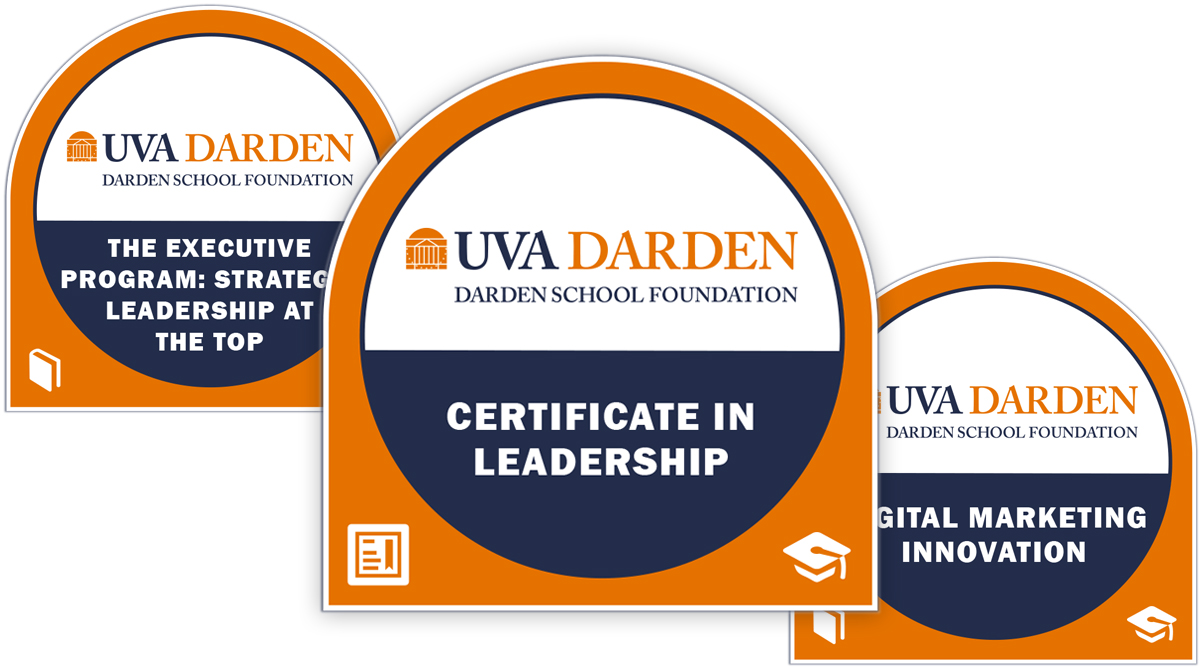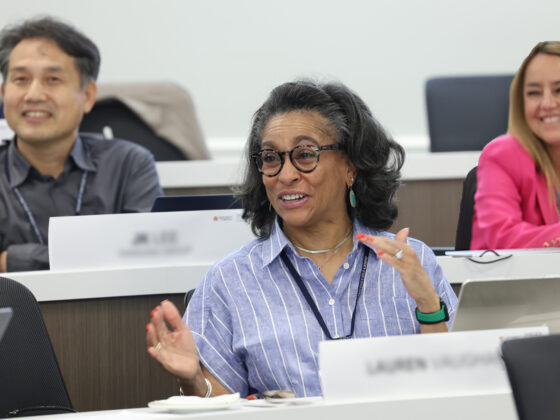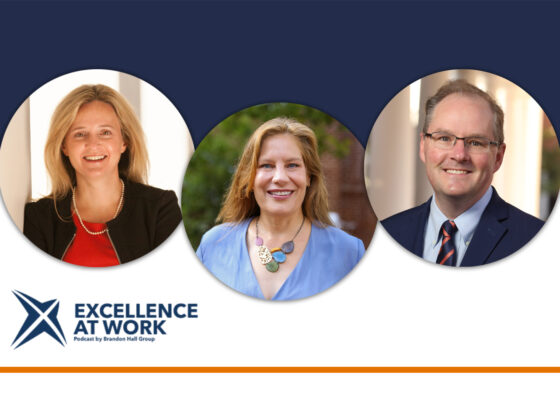The future of work is here. The emergence of automation and artificial intelligence requires employees to develop new technological skills and adapt to a changing job market. Currently businesses are facing the challenge of addressing what has been dubbed as the “skills gap” – the mismatch between what employees know how to do and what businesses want them to do. For employees to remain competitive on the job, they will need to learn new skills and evolve alongside the changing nature of their jobs multiple times throughout their working lifespan.
Business and other graduate degrees have high costs in time and money, and, despite recent online entrants (University of Illinois Gies College of Business, Boston University Questrom School of Business, Berkeley Haas School of Business, University of Michigan Ross School of Business), these programs still benefit only a small percentage of the millions of workers who need business education. “Business schools, which traditionally have a much more direct connection to employers than many other disciplines, face both a critical challenge and a tremendous opportunity in this new context,” says Anne Trumbore, executive director of digital & open enrollment at Darden’s Lifelong Learning & Executive Education (EELL).
“To thrive in this shifting landscape, business schools will have to evolve their definition of learner to include employees who want to remain hirable, corporations that want to provide education for their employees, and workers around the globe who want to remain competitive in their own job markets.”
Trumbore shares that micro-credentials such as badges and certificates signal specific skills and competencies, which allow both employers and workers to identify what they already know, what they need to know and what they have learned.
Easy Signaling of Skills to Employers
Micro-credentials signal acquired skills easily to employers and are helping many position themselves more competitively in the job market. Adding a certificate or badge to a resume or LinkedIn profile provides learners with a credible way of communicating their abilities and knowledge to an employer.
Additionally, micro-credentials give universities insight into the worth of their degree and create more transparency and trust in these institutions.
Increased Employability and Marketable Skillsets
Current job market data shows that the market price for specific job skills like business analytics, digital marketing and business strategy is higher than the price for the average MBA. These types of business-related skill sets are increasingly harder to come by and highly sought after by companies. The value of the MBA degree is increasingly located in the social, networked, face-to-face components of on-campus education, where as a micro-credential’s value is located in the new skills you are gaining.
In a study conducted by Trumbore that analyzed a sample of learners who had completed at least one Wharton Online MOOC from 2015 to 2018, seventy-nine percent of learners believed they definitely or probably experienced career benefits from taking the courses. Providing access to quality content and certifying a learner’s performance with a credential can be a critical component in a changing educational landscape.
Control of Your Lifelong Learning Journey
Learners can now take professional education into his or her own hands. The explosion of micro-credentials and online learning capabilities have created a new market in professional education and have become a powerful tool for providing lifelong learning for a population that has, in most part, never had access to it before.
Get Started Building Your Learning Journey
Darden EELL offers programs for lifelong learners to gain in-demand business skills that are critical to closing the “skills gap”. As today’s work environment perpetually changes, Darden EELL continues to develop programs by top-ranked Darden faculty who are thought leaders in their field to meet market demands such as, Digital Marketing Innovation, Introduction to Digital Transformation and a Certificate in Data Science for Business Strategy. New noncredit certificates, online offerings and in-person programs a personalized plan to meet their goals and the variety of course formats are designed to fit modern schedules.
View a list of open programs or connect with a Lifelong Learning director to develop your personalized learning plan.
About Anne Trumbore
Anne Trumbore, EdD, is the Executive Director of Digital and Open Enrollment Programs at The Darden School Foundation, University of Virginia where she leads Digital and Open Enrollment programs for the Sands Institute of Lifelong Learning and is responsible for expanding business education to new audiences of learners. Previously, Anne established and led Wharton Online, a strategic, revenue-producing, digital learning initiative of The Wharton School, University of Pennsylvania. As an early stage employee at Coursera, NovoEd, and Stanford’s Online High School, Anne helped pioneer new forms of student-centered online education. Her work has resulted in a number of publications on online pedagogy and history, the future of higher education, and the future of work. She is currently working on a book with Princeton University Press on the history of online education.





